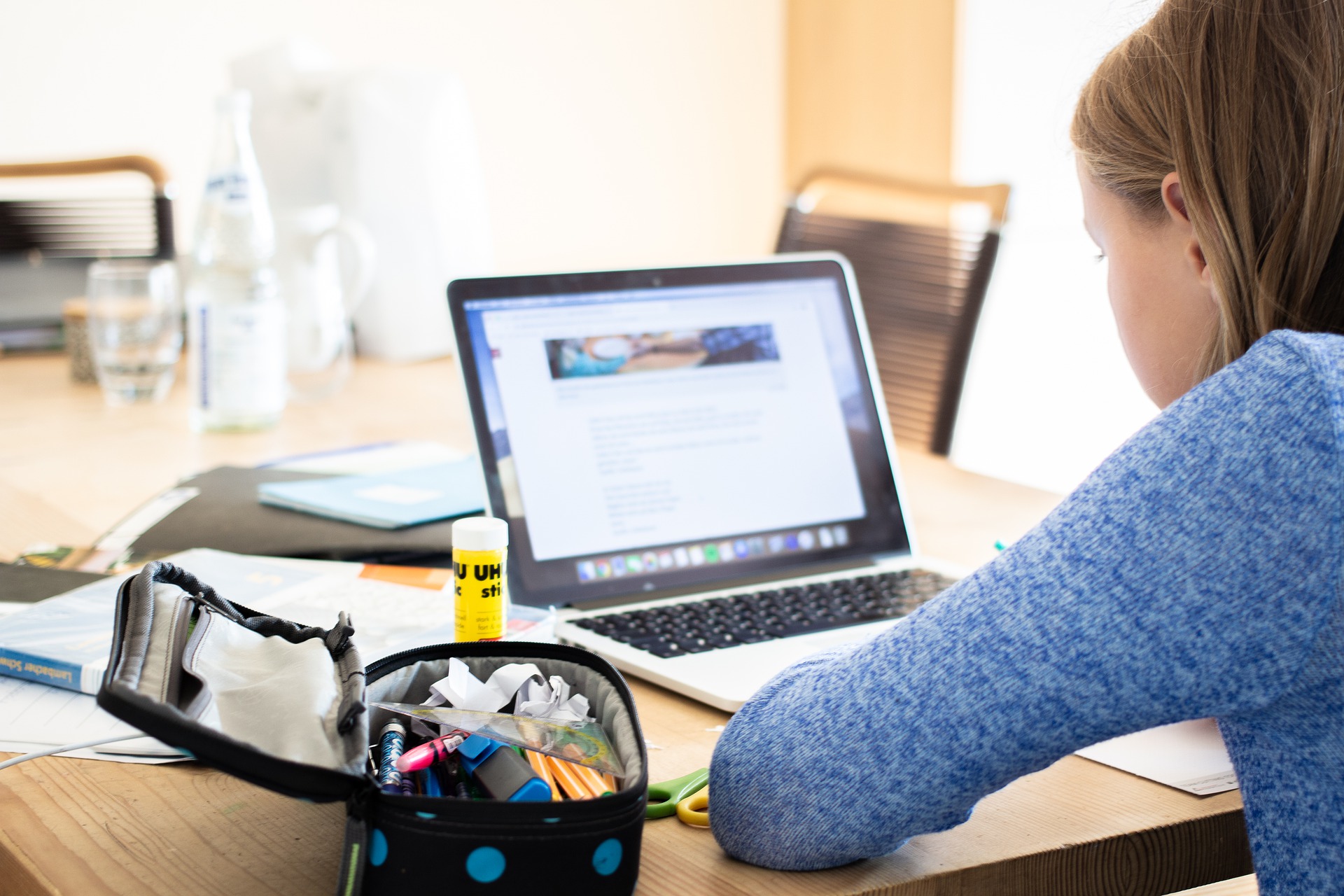
The impact of COVID-19 has tremendously affected today's workforce. With the emerging trend of work-from-home setup nowadays, people have become more inclined to find the best ways to stay focused and productive at work.
The coronavirus and COVID-19 have caused significant changes in how we do our jobs. You may now be working from home and navigating new techniques in communication and collaboration.
Of course, you may also be likely to experience fatigue and other health problems with the various things you need to conform with.
What is Chronic Fatigue?
Mayo Clinic defines chronic fatigue as:
" Chronic fatigue syndrome (CFS) is a complicated disorder characterized by extreme fatigue that lasts for at least six months, and that can't be fully explained by an underlying medical condition. The fatigue worsens with physical or mental activity, but doesn't improve with rest."
Chronic fatigue is also termed "myalgic encephalomyelitis (ME)."
Although the definite cause of chronic fatigue syndrome is still unknown, various theories exist, including viral infections and psychological stress. Some medical professionals believe a combination of several factors actually triggers chronic fatigue syndrome.
Symptoms of Chronic Fatigue
Chronic fatigue syndrome differs from one person to another. These symptoms may include yet not limited to:
- Tiredness
- Headaches
- Sore throat
- Memory and concentration issues
- Not getting a good sleep
- Muscle pains
- Joint pains
- Lymph nodes enlargement in the areas of armpits and neck
- Dizziness when standing, sitting, or lying down
- Too much exhaustion after mental or physical activities
Common Causes of Chronic Fatigue When Working from Home
A person may experience chronic fatigue due to the following contributing factors:
- stress
- viruses
- a weak immune system
- hormonal imbalances
While working from home, you may experience the following instances that may lead to chronic fatigue:
#1 You're working under too much pressure.
The absence of work-life balance due to overwhelming tasks on your job can contribute to experiencing fatigue. Aside from your home-based work, you can also be busy with household chores like cooking, doing the laundry, and cleaning the house. Admit it or not, some of us tend to infuse some personal tasks while keeping up with the work schedule. Conflicts may arise as you struggle to accomplish tasks and complete everything on time. This requires increased time management skills and improved productivity hacks.
#2 You are distracted.
Distractions of various kinds can hamper productivity levels and the quality of work. However, the more distractions you have at work, the more tired you will become. Distractions can include noise, kids playing around, pets, and other factors present at home.
#3 Too much flow of information.
The bulk of information that you see online, along with other unsolicited details that social media is giving us, can be overwhelming. Too often, we may struggle to cope as the deluge of information increases. The more data you have to digest, the more tiring it can be.
#4 You start living a sedentary lifestyle.
Movement is necessary to stay healthy and create overall well-being. When you're working from home, you may feel too comfortable in the convenience of your own place. However, being sedentary can also lead to chronic fatigue. When you work for long hours a day and live an inactive lifestyle, you may actually create exhaustion.
#5 You are facing more challenges with the new normal setup.
Another challenge with today's new normal setup is the physical exhaustion due to the usage of tools and technology. Video conferencing, creating reports, and other remote working activities can be physically and mentally exhausting. These activities require preparations, brainstorming, and adjusting to new trends.
Tips to Avoid Chronic Fatigue While Working from Home
Working from home is absolutely both exciting and challenging. However, no matter how difficult it is to adjust to today's new normal trend, you can stay efficient and productive at work. This is by keeping the right control of the job, proper time management, and taking care of your health.
Listed below are important tips that will help you get rid of chronic fatigue:
#1 Make time for your daily distractions. You have to identify first what those distractions are to find out how they can be fixed. For instance, make sure to discuss with the people in the house your work schedule. Let them know the times when you should not be bothered or disturbed. You can also schedule break times for break time and lunchtime with your family.
#2 Evaluate the information and learn how to prioritize tasks. For example, you may schedule checking emails first thing in the morning. However, you should also learn how to know which emails are important and urgent and which ones can be checked later. Avoid doing the non-critical tasks, as this may only hamper your productivity level. Creating a to-do list will be a big help. If you will just keep it as a list and do not follow the items on it, everything will be worthless.
#3 Use ergonomic equipment such as standing desks to keep you active while working from home. A standing desk can provide benefits such as alleviating the adverse effects of a sedentary lifestyle. It can also help promote proper posture when working at home. Other ergonomic tools can help you stay active when working, such as treadmills, ergonomic chairs, and desk converters. With the help of these tools and equipment, you can work effectively and efficiently. As you feel good and stay healthy at work, you can avoid feeling tired and evade chronic fatigue.
#4 Stay focused at work. When your mind has accumulated a lot of worries and not concrete plans, you may only stress yourself. Always aim to be an asset to your team instead of becoming a burden due to lack of focus. Do not waste your energy on things and activities that will not contribute to the accomplishment of your goals. Instead, choose to work on activities that
#5 Stay positive and be grateful. People fail to juggle between personal and professional careers because they are complaining too often and thinking negatively. It would be better to stay grateful and optimistic about everything about the job and personal goals. It will aid your mind and body to work together efficiently.
Other tips to prevent chronic fatigue from psychologists and medical experts are shared and published on the Michigan Health website. They are as follow:
- Switching to phone calls instead of video conferences.
- Reducing multitasking.
- Scheduling fewer meetings.
- Taking micro-breaks.
- Sticking to your pre-COVID work routine (even the commuting time)
- Figuring out your body's energy rhythm and planning accordingly.
Final Thoughts
No matter how challenging home-based work can be, you can stay connected with your teammates and colleagues- leading to a work-life balance. It is normal to get tired due to a demanding work arrangement. Make sure to be aware of the causes and symptoms of chronic fatigue and follow the tips mentioned above to avoid them.





